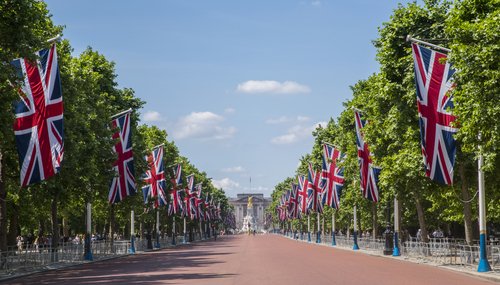What we can all learn from King Charles’ Inheritance Tax liabilities
The news that King Charles III won’t have to pay death duties on the fortune he inherits from his mother is a reminder to many of us, who won’t find ourselves in the same position, to get up to speed on inheritance tax planning.
Unlike royalty, an increasing number of families are now affected by inheritance tax (IHT) and to a higher degree than ever before, due to rising property prices and tax-free allowances frozen despite soaring inflation.
This is why taking specialist legal advice has never been more important so that IHT can be mitigated and all available exemptions explained and utilised.
What exactly is inheritance tax?
Inheritance tax, known as IHT, is a tax on the estate of someone who has died and includes all property, possessions and money.
The executors of the Will work out the value of these assets, deduct any debts and determine what’s left. This is the bit that’s liable for inheritance tax.
Everyone has a tax-free allowance for inheritance tax known as their Nil Rate Band which currently stands at £325,000. It has been frozen at this rate since the Spring budget of 2021 until 2026.
On anything above this, the standard 40% IHT applies. If you’re leaving property to a family member, the Main Residence Nil Rate Band may also apply which is an additional tax-free allowance of £175,000.
Why won’t King Charles pay IHT?
Under a clause agreed in 1993, any inheritance passed ‘sovereign to sovereign’ avoids the 40% levy applied to assets valued at more than £325,000.
This means that King Charles won’t pay any inheritance tax on the Queen’s £15.2 billion estate which includes the royal residences, the royal archives and collection of paintings and the Queen’s personal wealth.
He is also exempt from IHT on the Duchy of Lancaster, the monarchy’s main source of income, which is made up of a portfolio of land, property and assets held in trust.
According to government guidance, the King does not have to pay IHT in order to preserve ‘a degree of financial independence from the government of the day’.
However, anyone else inheriting private assets from the Queen will be liable for inheritance tax.
How can you reduce your IHT bill?
The rules around inheritance tax, or death duties, can seem complicated and confusing but there are effective ways to dramatically reduce the impact on your estate for those you leave behind.
Planning ahead is key as it gives you more options, including:
- Thinking about who you’d like to benefit from your estate when you die and any implications;
- Making a Will to take wealth preservation steps which structure your affairs to minimise your liability for inheritance tax and maximise tax relief. Without a Will, your estate will be distributed in line with the laws of intestacy which may mean your family don’t inherit as much as you want them to or indeed, anything at all;
- Considering making gifts to charity which are completely exempt from IHT. If your estate is liable for IHT and you leave 10% of it or more to charity, then a reduced IHT bill of 36% may be applicable to the rest of your estate;
- Looking at gifting money and property to your beneficiaries before you die. Remember though, that gifts made while you’re still alive could still be liable to IHT, depending on how much they were and when they were given.
Get in touch
At Wards Solicitors’, our Wills, Probate and Mental Capacity team is highly experienced and ranked as a leading firm in the South West in the 2022 edition of the independent Legal 500 guide.
With extensive experience in tax planning and well preservation, our lawyers can help you make or update a correctly drawn Will, an inexpensive way of avoiding difficulties for your loved ones when you die. It also ensures you don’t miss out on fast changing tax laws, including IHT, which could save your family money in death duties.


